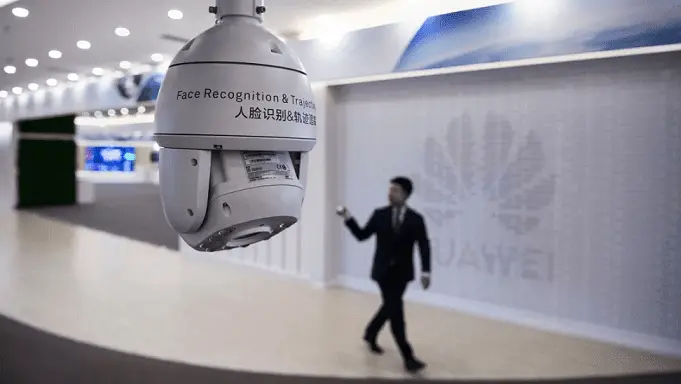The emergence of Apple Electronics has created the world with plenty of networks and opportunities. The production of iPhones from Apple Electronics, for instance, has thrived to beat the market and destroy other electronic companies. The splendid features of iPhones, depending on models and units, would create valuable benefits among users. According to the Cupertino Company, iPhone 11 and iPhone 11 Pro would collect location data without the owners’ permission since these technologies did only operate within their design and scope.
Journalist Brian Krebs, a security expert, indicated that Apple Electronics could send location data or information without asking permission. This news produced questions about how Apple Electronics would violate privacy and secrecy. Apple Company, according to Krebs, pointed out that the privacy policy of the company remained. However, the collection of information on mobile phone users may vary when the users would deactivate their location services. Of course, Apple Electronics did, however, attempt to respond and that collection of information without permission could not pose any threat to users and their rights to privacy.
After the publication of the article, Apple Electronics Executives on KrebsOnSecurity would provide details to explain why the company did consider such action – a collection of location data. He said that the Latest iPhone models could only use some ultra-broadband technology and that it would provide devices with spatial alertness to allow them to trace other devices with comparable structures and technologies. Krebs pointed out that other users could use a new feature of the phone called sharing files wirelessly through Airdrops or that they could use them to survive. Rumors were true. These new pieces of technology could be a part of the Find My iPhone features
Indeed, Apple collected some amount of data from the users due to the new feature called ultra-broadband technology. According to a report, this ultra-broadband technology is the industry-standard technology for Apple to secure its operations. It would become part of the international regulatory requirements before the phones could operate. On the other hand, Krebs mentioned that the ultra-broadband technologies were intended for data collection and that these technologies would never infringe individual rights. These technologies just existed by design. In the end, this idea would only mean that the use of iOS and the demand to ask for the location services would only help determine the capability requirements of the phone products.
In the end, iPhone 11 models offered new features and functions among users. The design of the iPhone 11 to ask for a location without permission did not pose any threat among others. If iPhone 11 could prohibit the specific locations, it, at last, introduced ultra-broadband technology as a customer requirement to comply with the regulations







